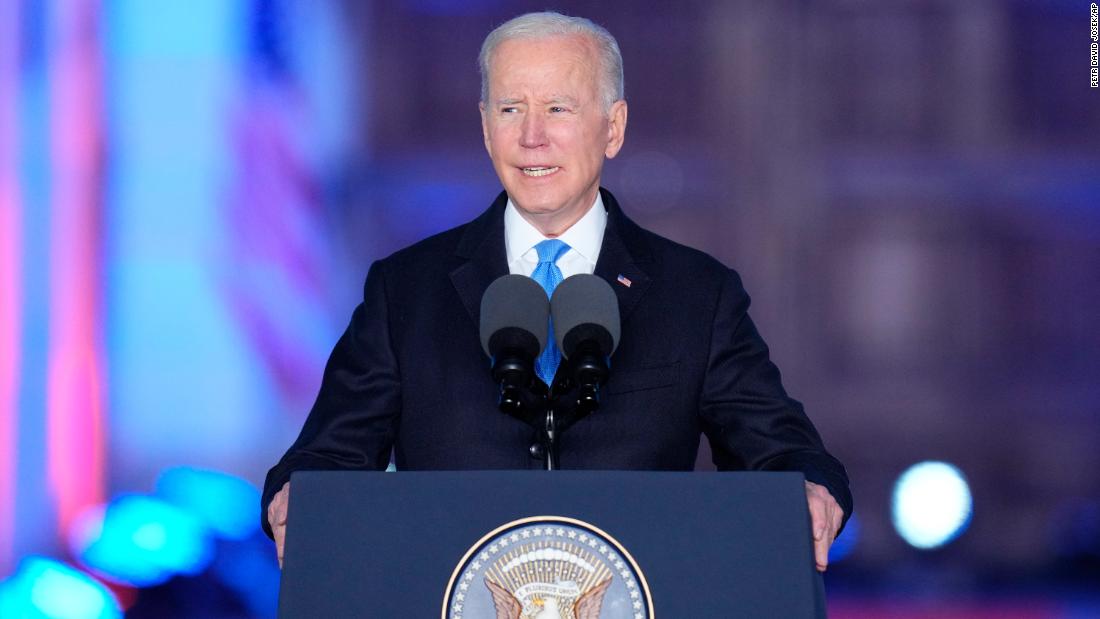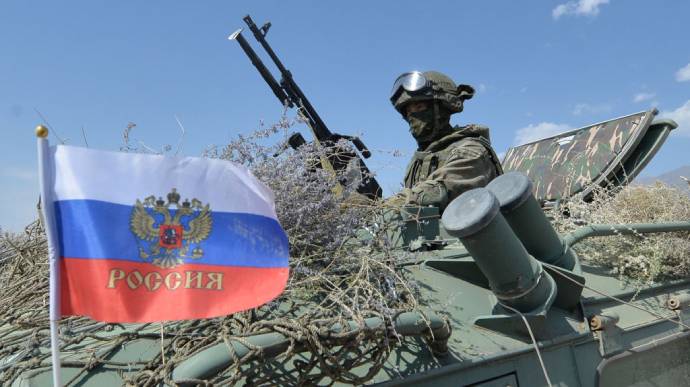There has always been a few factors at play here, the biggest probably being socioeconomic pressure from the "capitalist" global community. A "communist" state has to tighten up because capitalists are constantly trying to break or undermine them, using in part the tools of the countries they already own. Communism may threaten their access to resources but it also threatens the viability of the labor architecture of capitalist systems: if a communist country is allowed to succeed on its own terms, the labor pool in the capitalist countries will start making outrageous demands that threaten the profitability of industry.
While not trying to derail things too much, do you have specific examples here? I never got the impression that Stalin was
given the power to do the things he did, but rather he was able to elevate himself after Lenin’s death and proceeded to continue the conversion to communism, using force to both ensure compliance and to ultimately purge his political rivals. I thought that in practical terms, by the time the west had started to step up to the USSR, the USSR was well down the path of being autocratic.
In reality, I believe that the original goal of the Soviets was to transition to a confederation model where the power structure was strongest at the lower levels, because that really is the only practical way to implement sustainable collectivism. People who get their hands on power, however, seem to be reluctant to let go of any of it, and when your entire national experiment is under unending existential threat, the chance of restructuring your system fades rapidly. You need that despot to help defend you from foreign enemies.
This was my understanding as well, but clearly they got derailed on the way to the endgame. Note that I’m not trying to say I don’t think it can ever happen, but I’m more of the mind that I’m skeptical until someone can show a working strategy to implement it in such a way that avoids having a populist-turned-autocrat steal the reins from the people the state is meant to serve.
The system in the US is not hugely different from the old USSR in practical terms. We are forming a strong klepto-plutocracy, which ultimately adds up to the net equivalent. It is pretty hard to avoid being depressed by the serious flaws in human nature that lead us to form all these broken nations, but one can always hope that we might someday discover the path out before we go extinct.
Forming? I’d argue we have been a plutocracy for ages. Plantations by their very nature, and the 3/5ths compromise represent a plutocracy that existed at the nation’s founding, in my mind. We’ve since tried to apply fixes to the system, but time is a flat circle, and what is built can be torn down. That said, I don’t have much evidence of us being a kleptocracy historically, so I could certainly buy the argument that Reganism helped bring that aspect about.
By realistic estimates Russia has lost more troops in the last month than all US military casualties combined since Vietnam and we've been involved in a ton of military action.

I wouldn’t want to be in either the Russian or Ukranian shoes at the moment. Russia has basically showed their ass to the world. Ukraine has the tough decision here to leverage a possible advantage and try to turn it into a full rout at possibly great cost, or give Russia concessions. I’m not fond of the “give the mouse the cookie” approach though, so I’d be very tempted to tell Russia’s diplomats to eff off and go for the rout if things looked favorable.


/cloudfront-us-east-2.images.arcpublishing.com/reuters/Y56C2PN4XNMDJPV2AFIG7HLBFY.jpg)


/cloudfront-us-east-2.images.arcpublishing.com/reuters/ZTRIZVA7YVKR3OBGT22UGEGGR4.jpg)

